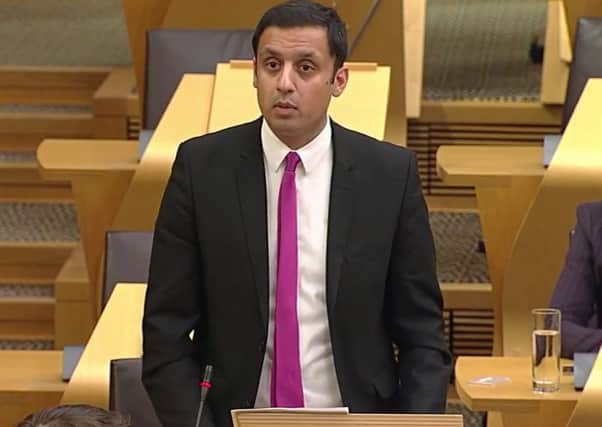Anas Sarwar: Prejudice impacts on life chances and outcomes


The reality is that Scotland is an open and diverse country, but we should not allow our national pride to blind us to the fact that good and bad people live everywhere.
Now I believe the majority of people see past a person’s colour and religion, but we must accept that, like everyday sexism and homophobia, everyday racism, anti-Semitism and Islamophobia exist. This impacts on workplaces, university and college campuses and playgrounds across the country.
Advertisement
Hide AdAdvertisement
Hide AdThe majority of this isn’t criminal, it can’t be reported to the police (we have chronic under-reporting of incidents that are criminal), but it does still impact on life chances and outcomes.
The issues raised in this book go to the heart of the institutional barriers that I have been speaking of, particularly in the jobs market. In this, the public sector and political parties should be taking the lead, to drive change by example.
A few weeks back, I was speaking in a parliamentary debate in response to a Scottish Government report titled “Addressing Race Inequality in Scotland: The Way Forward”. A decent document, saying many of the right things with a perfectly reasonable foreword from Angela Constance. The words and aims are noble, but unless we address the underlying culture they will make little difference.
In preparation for the debate I asked my researchers to look into the answers to the following questions.
How many chief executive officers of listed companies in Scotland are from an ethnic minority?
How many chairs of public sector bodies in Scotland are from an ethnic minority?
How many chief executives of councils or government departments in Scotland are from an ethnic minority?
How many council departmental directors are from an ethnic minority?
How many special advisers are from an ethnic minority?
Advertisement
Hide AdAdvertisement
Hide AdHow many of the staff who run political parties are from an ethnic minority?
How many university or college principals are from an ethnic minority?
How many school headteachers are from an ethnic minority?
How many editors or producers of newspapers, radio stations or TV stations are from an ethnic minority?
The answer to each and every single one of those questions is either none or next to none. The follow-up question has to be why? It can’t be that there simply isn’t anybody with the experience or the talent. Surely, we will all agree that this is unacceptable.
To get to the root of this we need to address both conscious bias and unconscious bias.
While the public focus will continue to be on confronting those who have consciously prejudiced views and ensuring that they aren’t given a platform or allowed to flourish, the harder task is actually making an unconscious bias conscious, so that people can challenge themselves.
That’s how we will actually defeat prejudice in the long term.
Anas Sarwar is Scottish Labour’s Shadow Cabinet Secretary for Health and MSP for Glasgow region